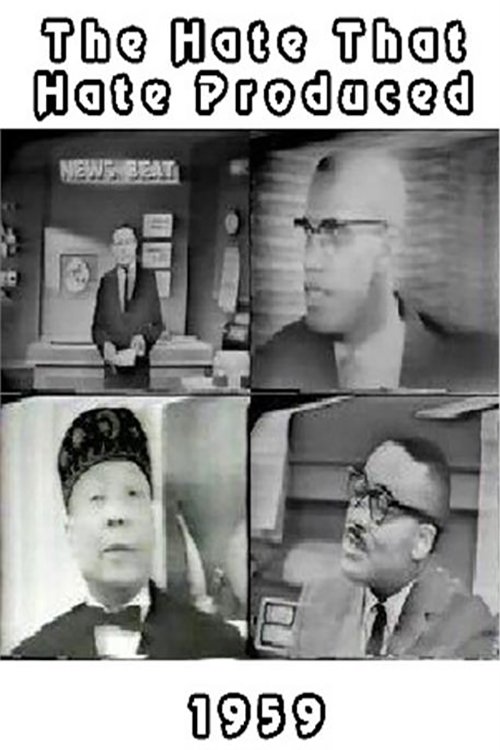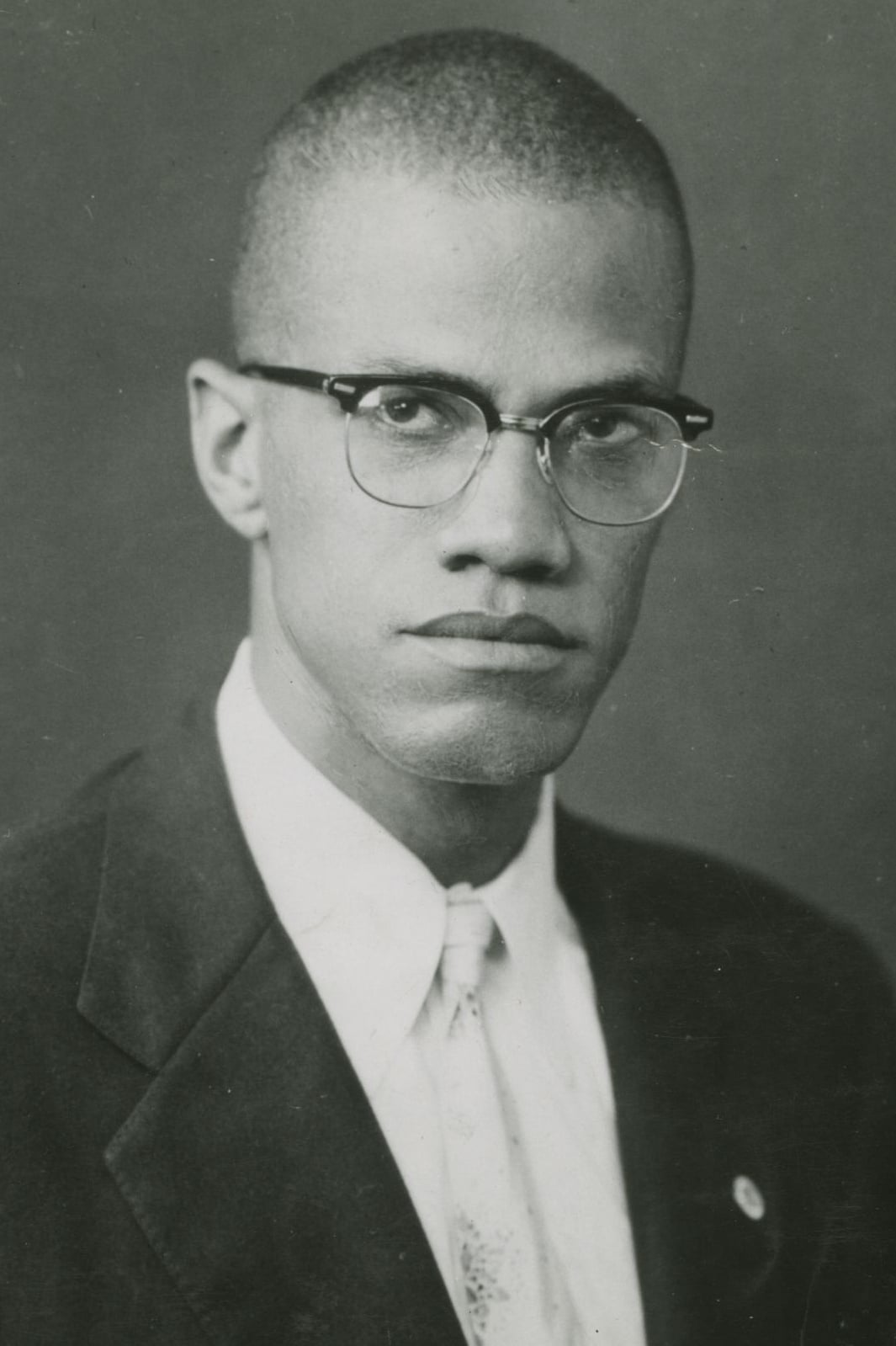
Malcolm X
Biography
Malcolm X (May 19, 1925 – February 21, 1965), born Malcolm Little and also known as El-Hajj Malik El-Shabazz was an African-American Muslim minister, public speaker, and human rights activist. To his admirers, he was a courageous advocate for the rights of African Americans, a man who indicted white America in the harshest terms for its crimes against black Americans. His detractors accused him of preaching racism, black supremacy, antisemitism, and violence. He has been called one of the greatest and most influential African Americans in history, and in 1998, Time named The Autobiography of Malcolm X one of the ten most influential nonfiction books of the 20th century. Malcolm X was born in Omaha, Nebraska. The events of his childhood, including his father's lessons concerning black pride and self-reliance, and his own experiences concerning race played a significant role in Malcolm X's adult life. By the time he was thirteen, his father had died and his mother had been committed to a mental hospital. After living in a series of foster homes, Malcolm X became involved in a number of criminal activities in Boston and New York City. In 1946, Malcolm X was sentenced to eight to ten years in prison. While in prison, Malcolm X became a member of the Nation of Islam, and after his parole in 1952 he became one of the Nation's leaders and chief spokesmen. For nearly a dozen years he was the public face of the controversial group. Tension between Malcolm X and Elijah Muhammad, head of the Nation of Islam, led to Malcolm X's quitting the organization in March 1964. He subsequently traveled extensively throughout Africa and the Middle East and founded Muslim Mosque, Inc., a religious organization, and the secular Organization of Afro-American Unity, which advocated Pan-Africanism. Less than a year after he left the Nation of Islam, Malcolm X was assassinated by three members of the group while giving a speech in New York. The beliefs expressed by Malcolm X changed during his lifetime. As a spokesman for the Nation of Islam he taught black supremacy and deified the leaders of the organization. He also advocated the separation of black and white Americans, which put him at odds with the civil rights movement, which was working towards integration. After he left the Nation of Islam in 1964, Malcolm X became a Sunni Muslim, made the pilgrimage to Mecca and disavowed racism, while remaining a champion of black self-determination, self defense, and human rights. He expressed a willingness to work with civil rights leaders and described his previous position with the Nation of Islam as that of a "zombie". Description above from the Wikipedia article Malcolm X, licensed under CC-BY-SA, full list of contributors on Wikipedia.
Filmography

Soundtrack to a Coup d'Etat
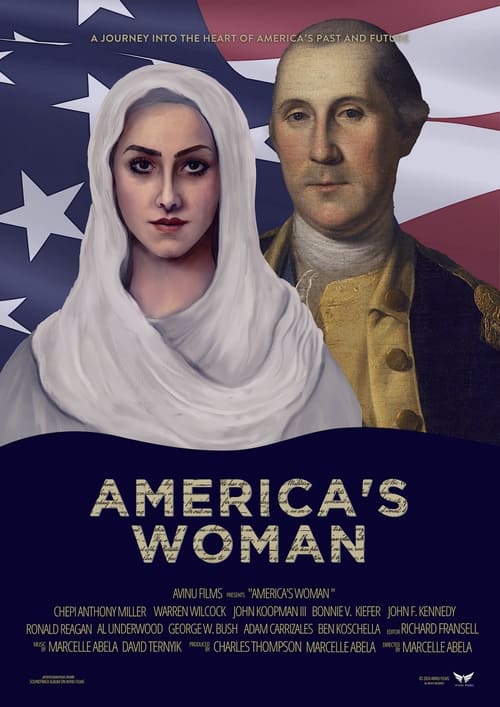
America's Woman
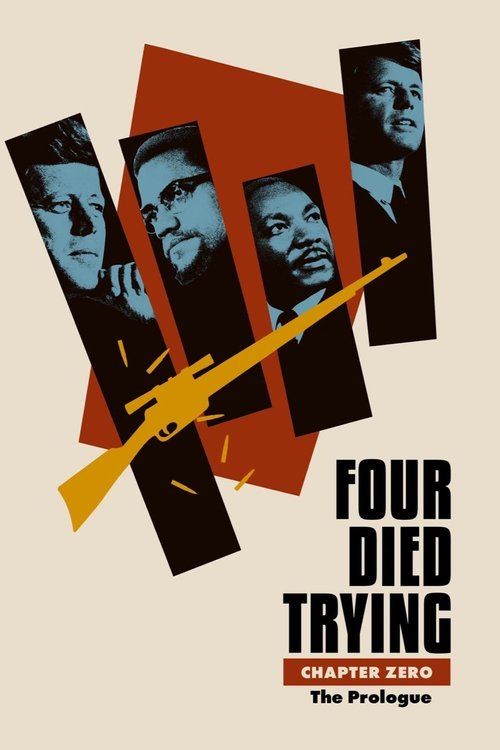
Four Died Trying: Prologue

Stand
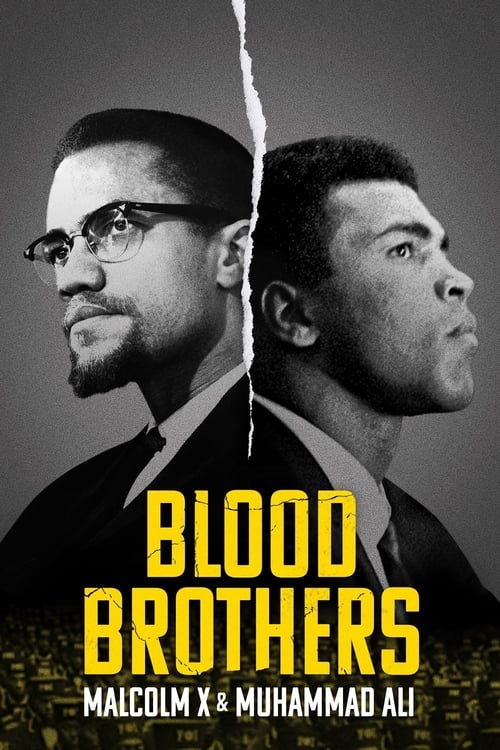
Blood Brothers: Malcolm X & Muhammad Ali

Summer of Soul (...Or, When the Revolution Could Not Be Televised)
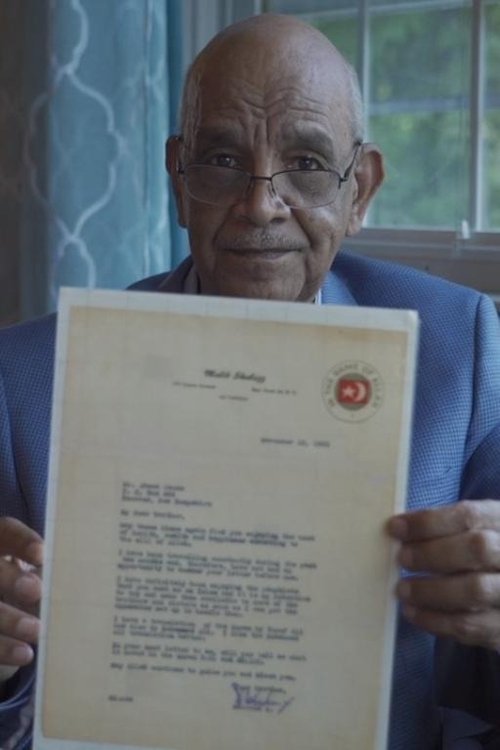
Malcolm X and the Sudanese

De Cabral a George Floyd: Onde Arde o Fogo Sagrado da Liberdade
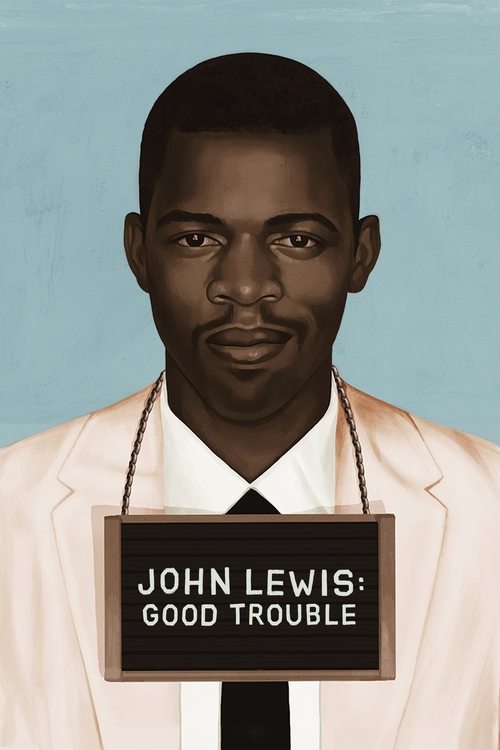
John Lewis: Good Trouble
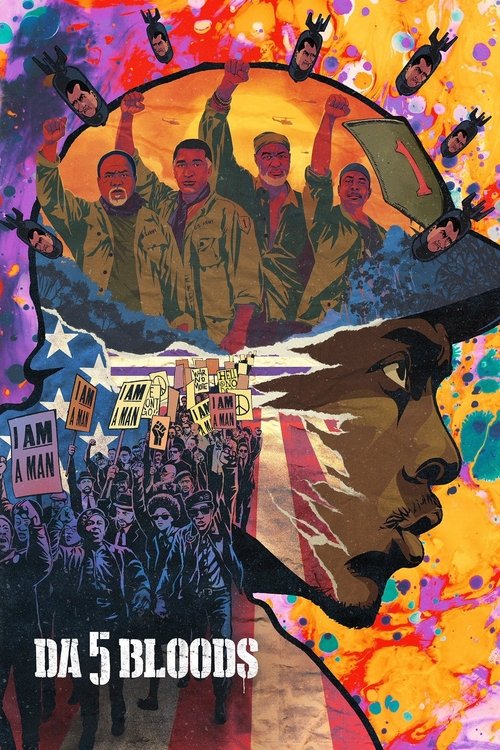
Da 5 Bloods
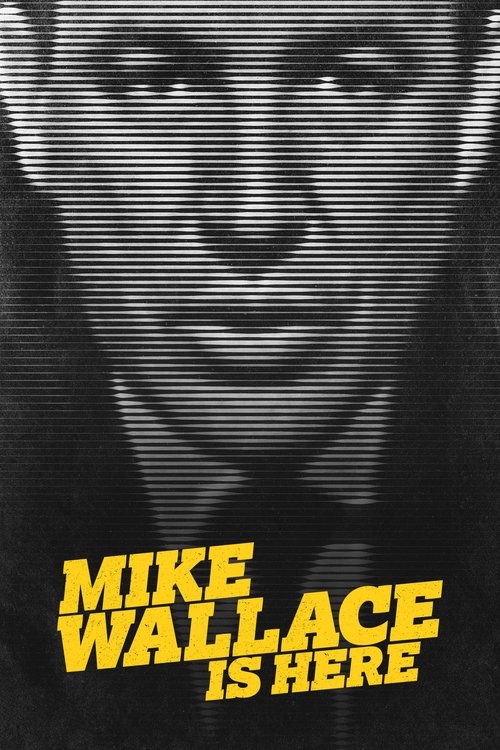
Mike Wallace Is Here

Barney's Wall

The Apollo
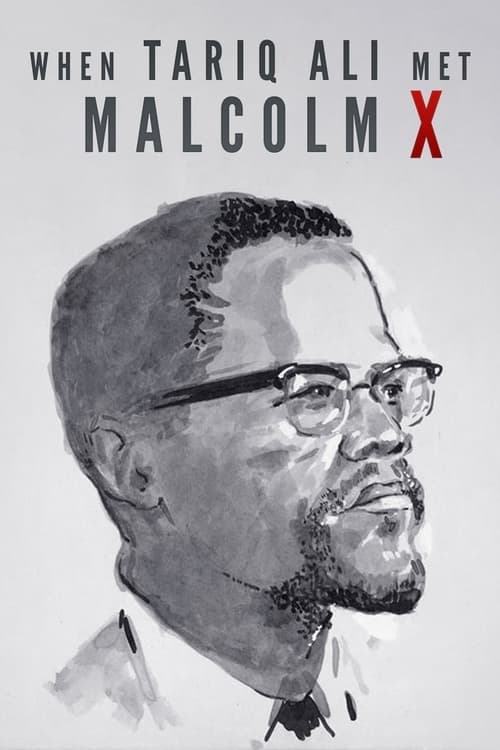
When Tariq Ali Met Malcolm X
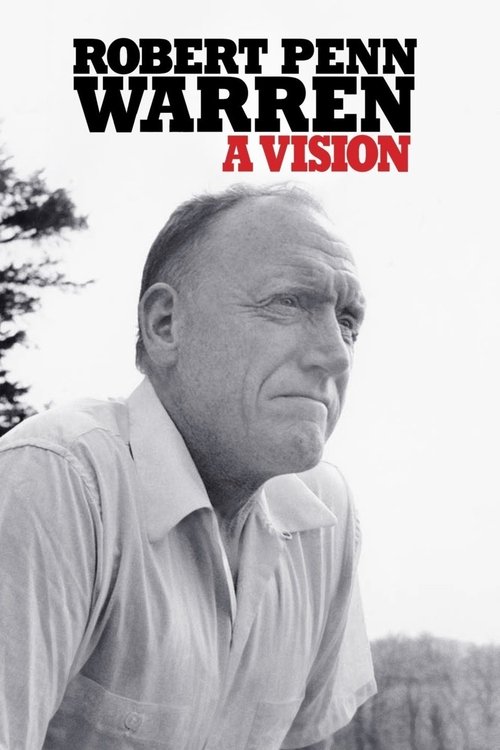
Robert Penn Warren: A Vision
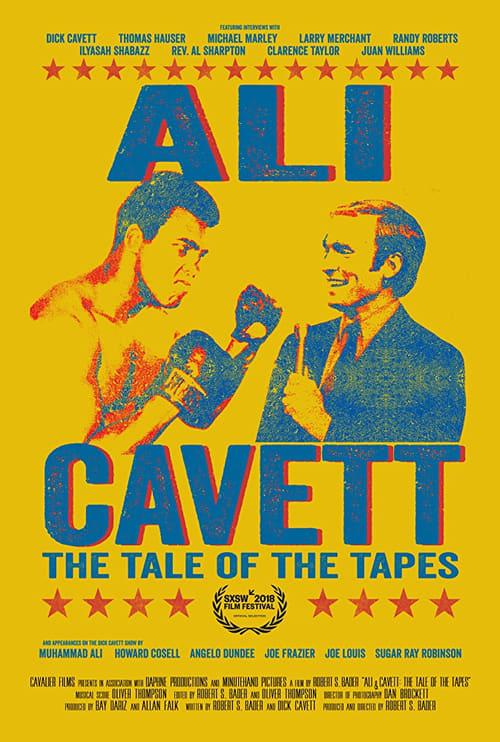
Ali & Cavett: The Tale of the Tapes
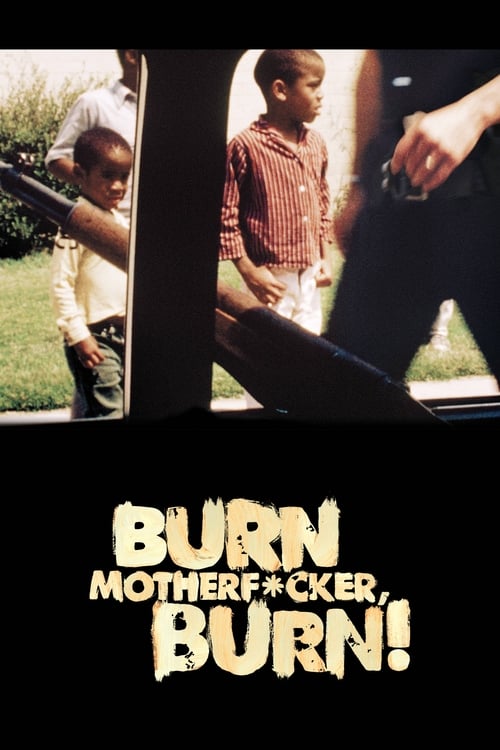
Burn Motherfucker, Burn!
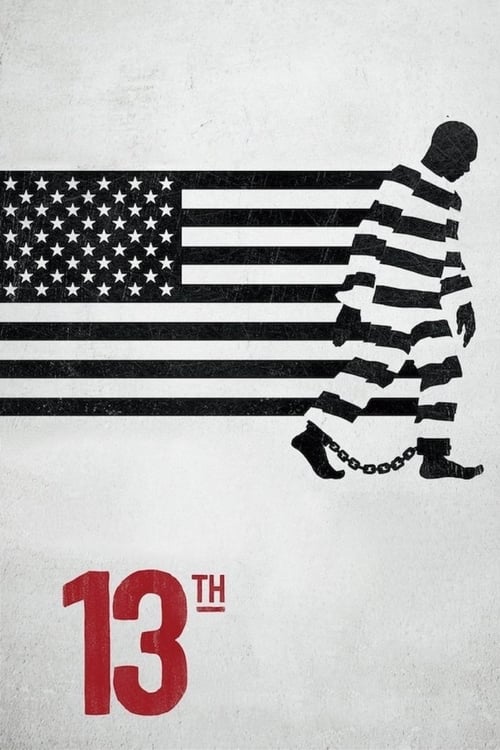
13th

Lemonade

The Trials of Muhammad Ali
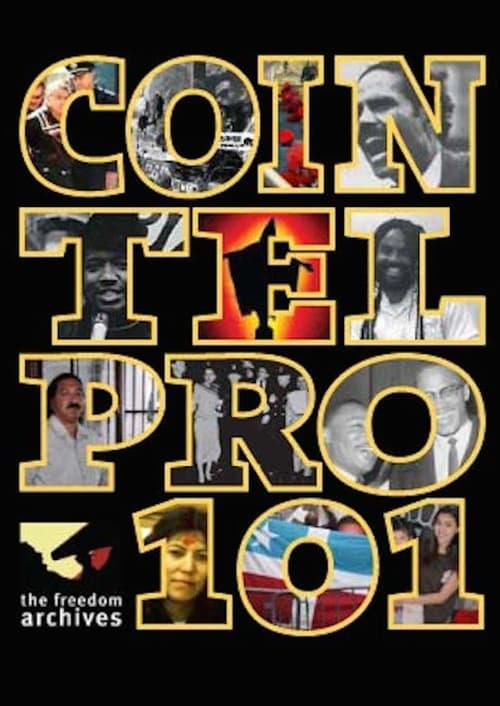
COINTELPRO 101

Motherland
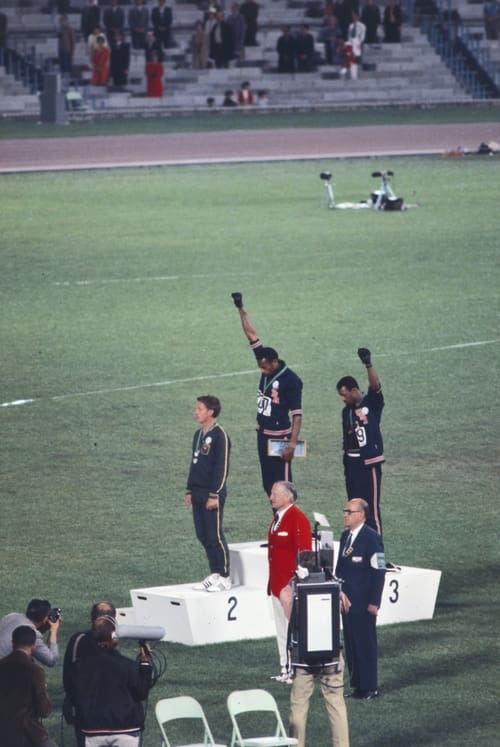
Black Power Salute
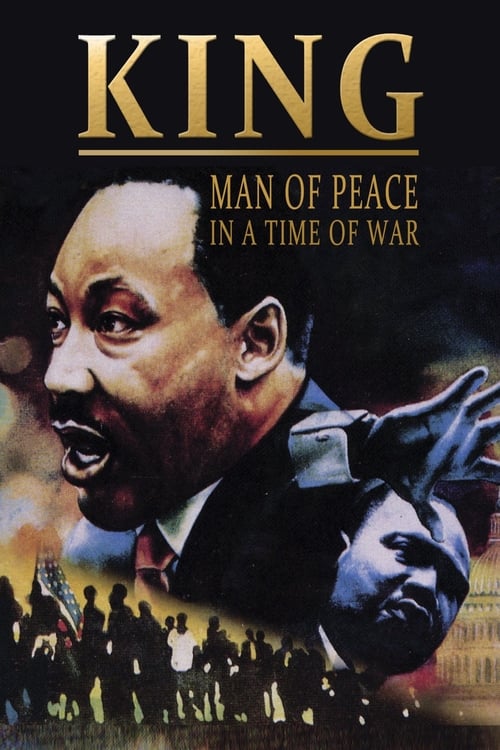
King: Man of Peace in a Time of War

Reel Radicals: The Sixties Revolution in Film

A Huey P. Newton Story
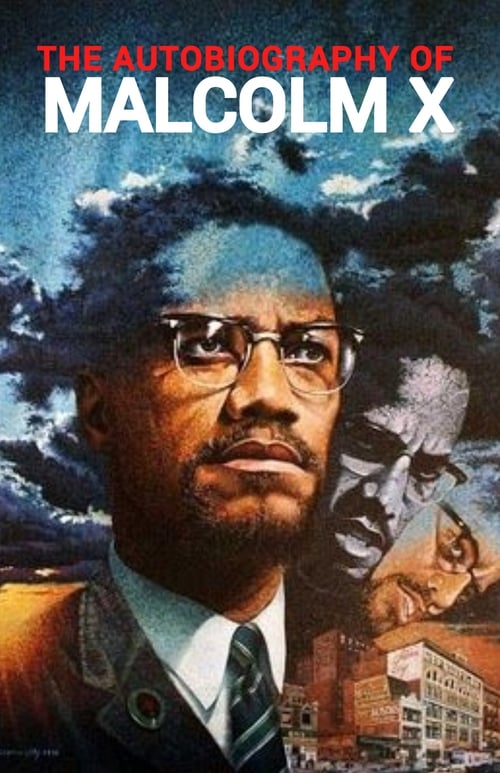
The Autobiography of Malcolm X
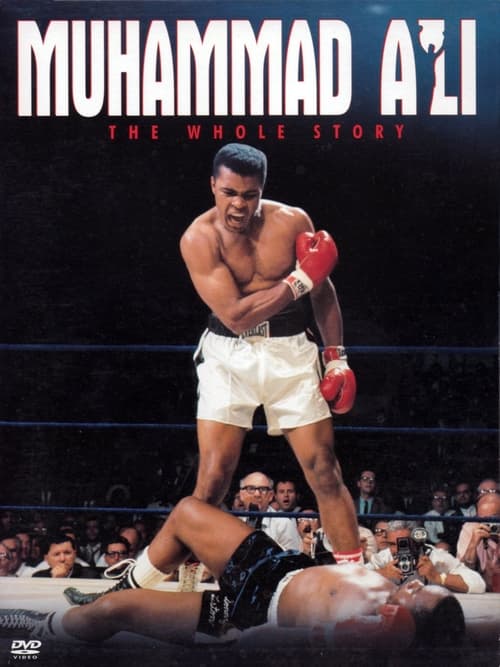
Muhammad Ali The Whole Story

All Power to the People!
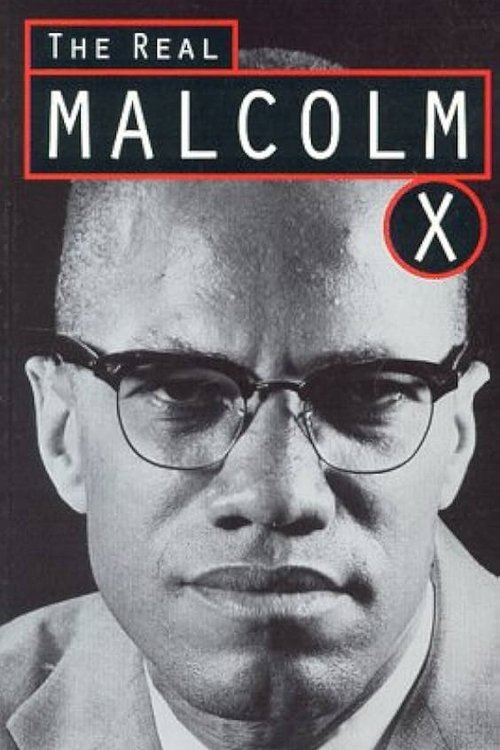
The Real Malcolm X

Black Women, Sexual Politics and the Revolution

Death Scenes 2

The FBI's War on Black America

A Decade of Struggle

Born of the People: Ho Chi Minh and Malcolm X
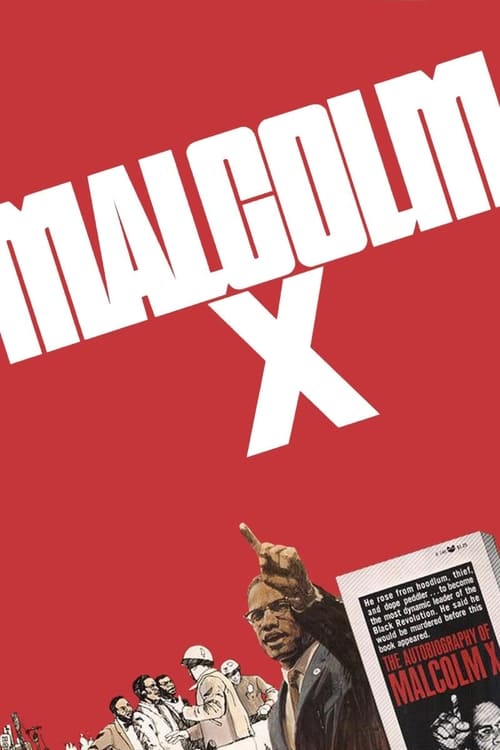
Malcolm X
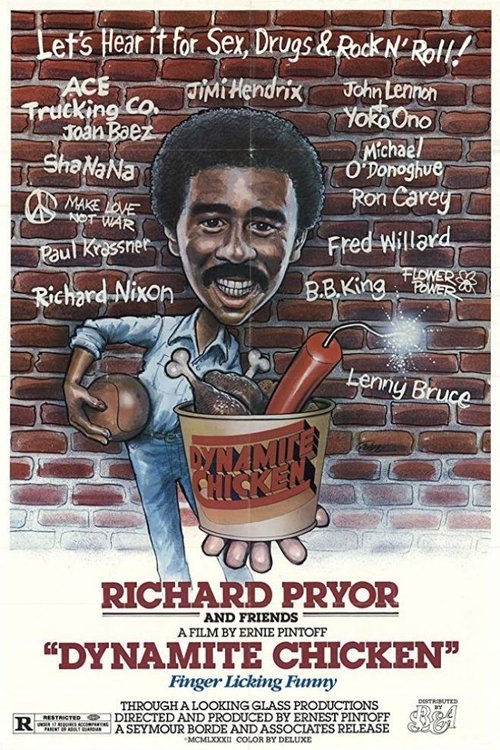
Dynamite Chicken

a.k.a. Cassius Clay
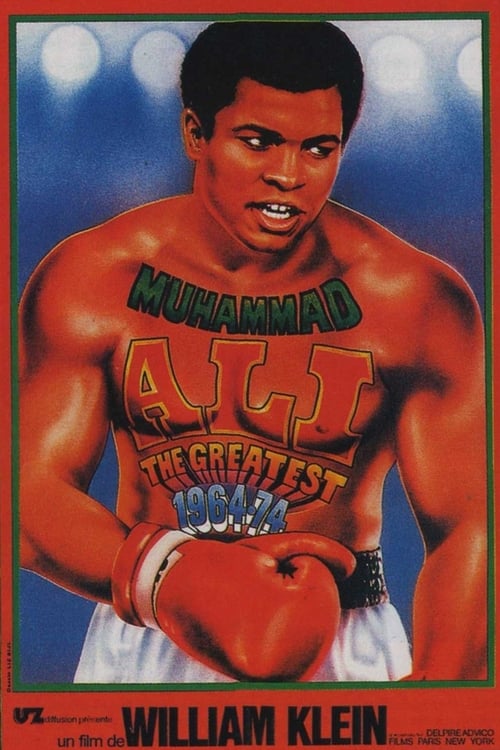
Muhammad Ali, the Greatest
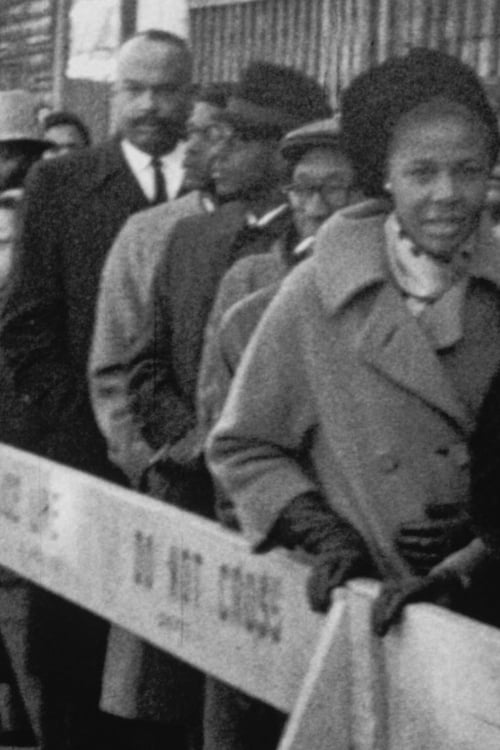
A Tribute to Malcolm X
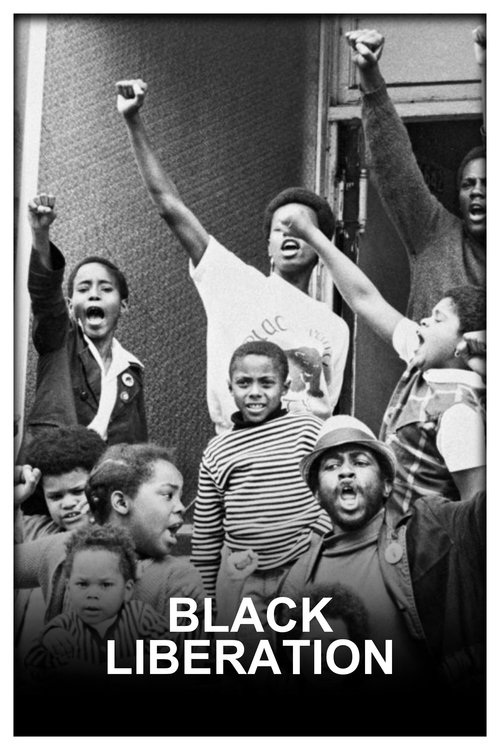
Black Liberation
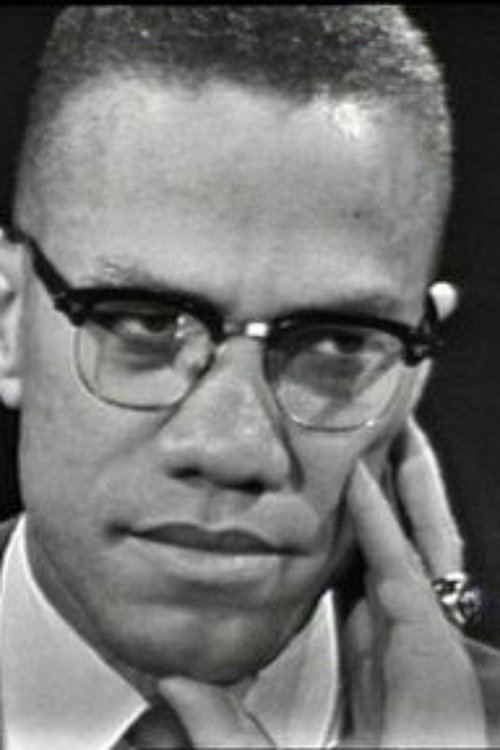
The Negro and the American Promise

Walk in My Shoes
